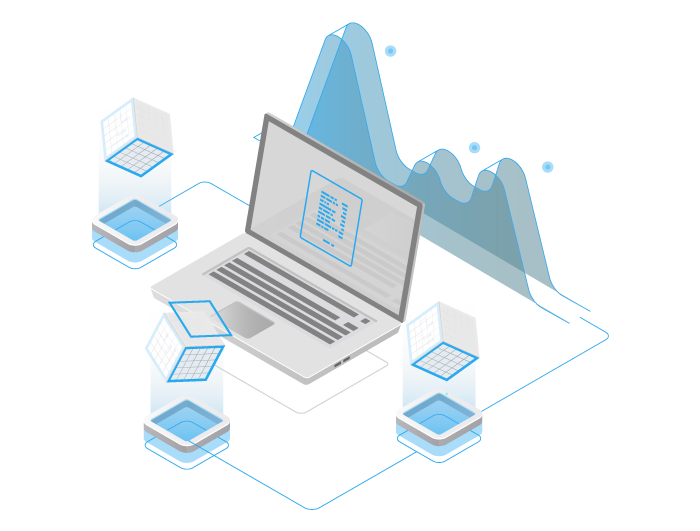Dynamic Code Analysis
What is Dynamic Code Analysis?
Dynamic code analysis is a practice and process by which an application or software is analysed and debugged during execution and is essential for testing realistic attack scenarios. The source code is analysed for reliability, security and quality while the application or software is in run mode, so that issues related to the application or software integration with database servers, application servers and web services can be identified. Dynamic code analysis also produces relevant analytic data on how the application or software interacts with these services. Through dynamic code analysis, vulnerabilities present in the application or software can be identified and mitigated. Additionally, dynamic code analysis can also help to uncover issues like authentication, framework configuration, session management, and more.
Dynamic and static code analysis can be complementary but do have some differences. Dynamic code analysis debugs the application or software during execution while static code analysis, a form of Whitebox Testing, only analyses the source code for vulnerabilities. While it is important to analyse the source code of an application of software to know the security flaws and defects that can compromise its safety or function, it does not provide a holistic view. Dynamic code analysis enables additional error detection, as well as debugging capabilities.

Approach & Methodology
There are a few critical steps to take for a successful dynamic code analysis:
- The scope of application has to be defined and identified.
- Fuzzing, or fuzz testing, is performed to identify vulnerabilities and look for anomalous behaviour in the application or software’s behaviour.
- Pinpoint what is causing the anomalies that affect performance or functionality behaviour of the application or software.
- Once these anomalies have been identified, target to breach more security areas in the same parameter to gauge access and impact from these vulnerabilities.
- Continue the dynamic code analysis process until the entire scope that was identified is complete.
A Reliable Security Testing Partner
Dynamic code analysis is an essential part of auditing an application or software, providing a comprehensive performance and security overview. softScheck is a trusted cybersecurity consultancy firm experienced in handling dynamic code analysis with various industry capabilities as well as providing a full suite of security testing, audit and advisory services. Get in touch with us to boost your cybersecurity today.